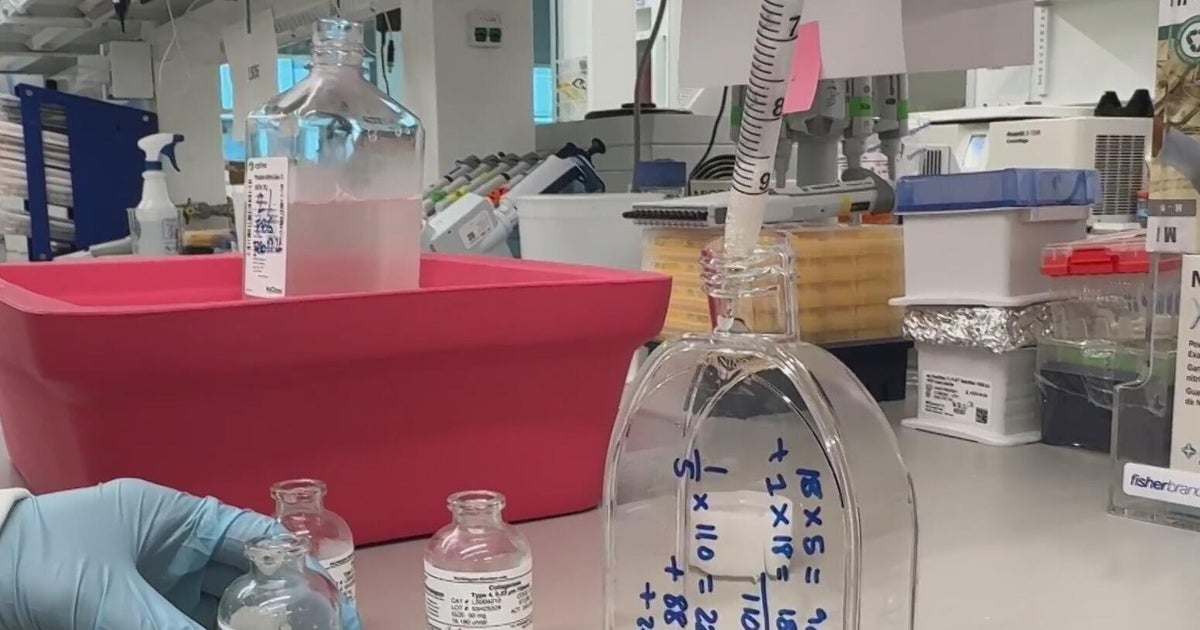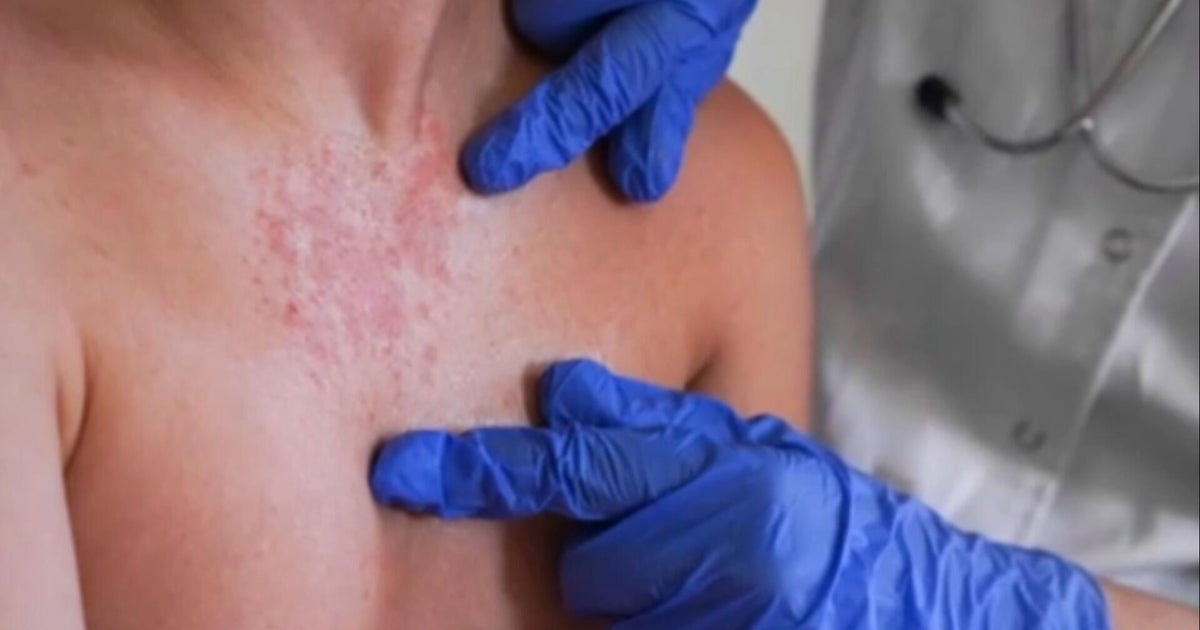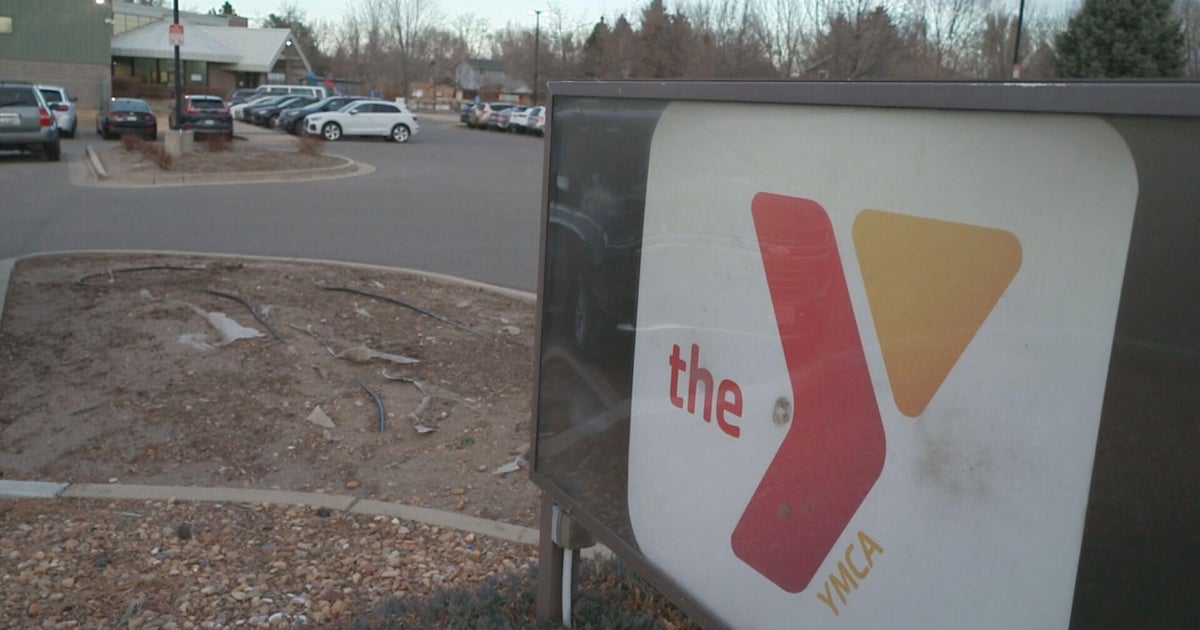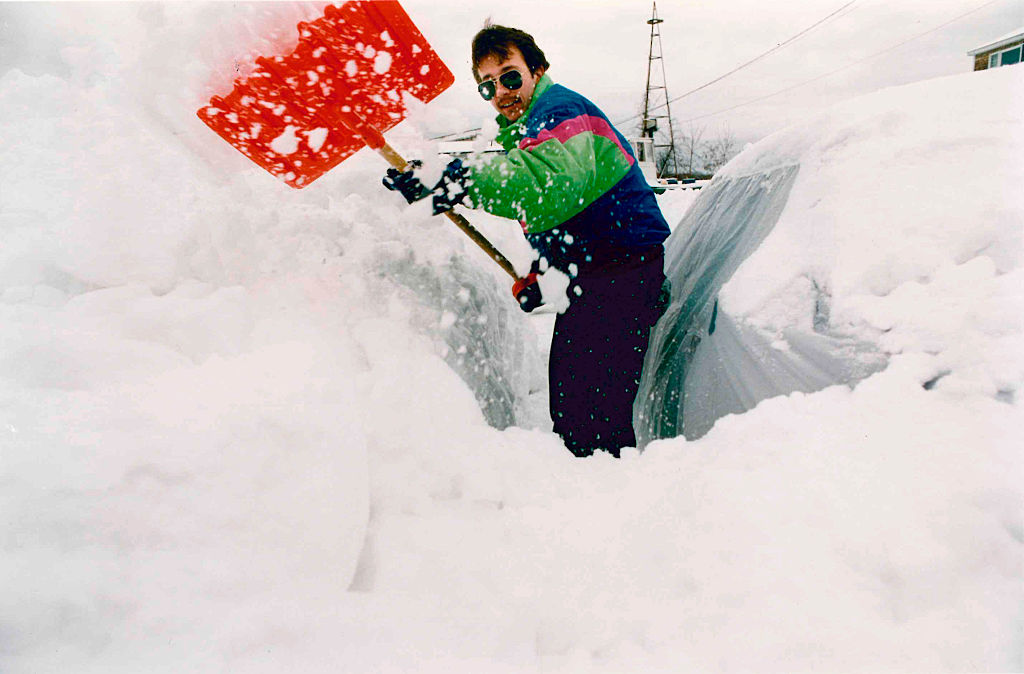Restaurants, gyms, hotels pose highest COVID-19 risk, study says
Reopening restaurants poses the greatest risk of spreading COVID-19, according to a recent study that tracked nearly 100 million Americans via their cellphones.
Researchers from Stanford University and Northwestern University used anonymized phone data to map the movements of people in 10 of the largest U.S. metropolitan areas as they moved from their own neighborhoods to more than 500,000 different destinations, including restaurants and places of worship, from March 1 to May 2. They then superimposed the data over a model of how the virus spreads to determine patterns of infection.
"If you think about restaurants, people stay there a long time, and many of them are small places where people are packed in," said Jure Leskovec, lead author of the study, published Tuesday in the journal Nature. "The density of people there is quite high compared to grocery stores and department stores that are bigger places and are nowhere near as packed as restaurants."
The chances of getting infected are also higher in gyms, coffee shops, hotels and houses of worship, but the risks are about four times less than in eateries, according to the study.
As COVID-19 cases rise across the country, cities are instituting new restrictions. In New York, Governor Andrew Cuomo on Wednesday imposed a 10 p.m. curfew on restaurants, bars and gyms. The measures were imposed after new infections were frequently traced back to visits to those types of venues, Cuomo said.
In Chicago, just 10% of so-called points of interest — tightly packed out-of-home sites from full-service restaurants to car dealerships — account for more than 80% of COVID-19 infections, the researchers found. Without limiting where people circulate or implementing other containment measures, fully one-third of the U.S. population would become infected with COVID-19 within a single month, according to the findings.
"This means the virus spreads very quickly, and social distancing and staying at home are effective measures to prevent the spread of the virus," Leskovec said.
Capping occupancy rates has proved to be an effective reopening strategy, according to the study. If restaurants in Chicago, for example, were to reopen at 20% capacity, compared to full occupancy, coronavirus infections would be reduced by more than 80%, according to Leskovec. These eating and drinking establishments, meanwhile, would only see a 42% reduction in overall visits.
That's because the relationship between predicted infections and the number of visits is non-linear. "One can achieve a disproportionately large reduction in infections with a small reduction in visits," the authors wrote.
"What we show very nicely is early openings aren't all or nothing. A reduced-occupancy reopening can be a very effective way to reduce the number of infections," Leskovec said.
Lower-income populations are more prone to infection, the study also showed. That's in part because they might be less able to work from home, or have their groceries delivered, requiring them to come into more frequent contact with individuals who may be infected with COVID-19.
"In richer neighborhoods, people are able to stay home," Leskovec said. "But people in poor neighborhoods have to go to work, or maybe they can't afford food delivery."



